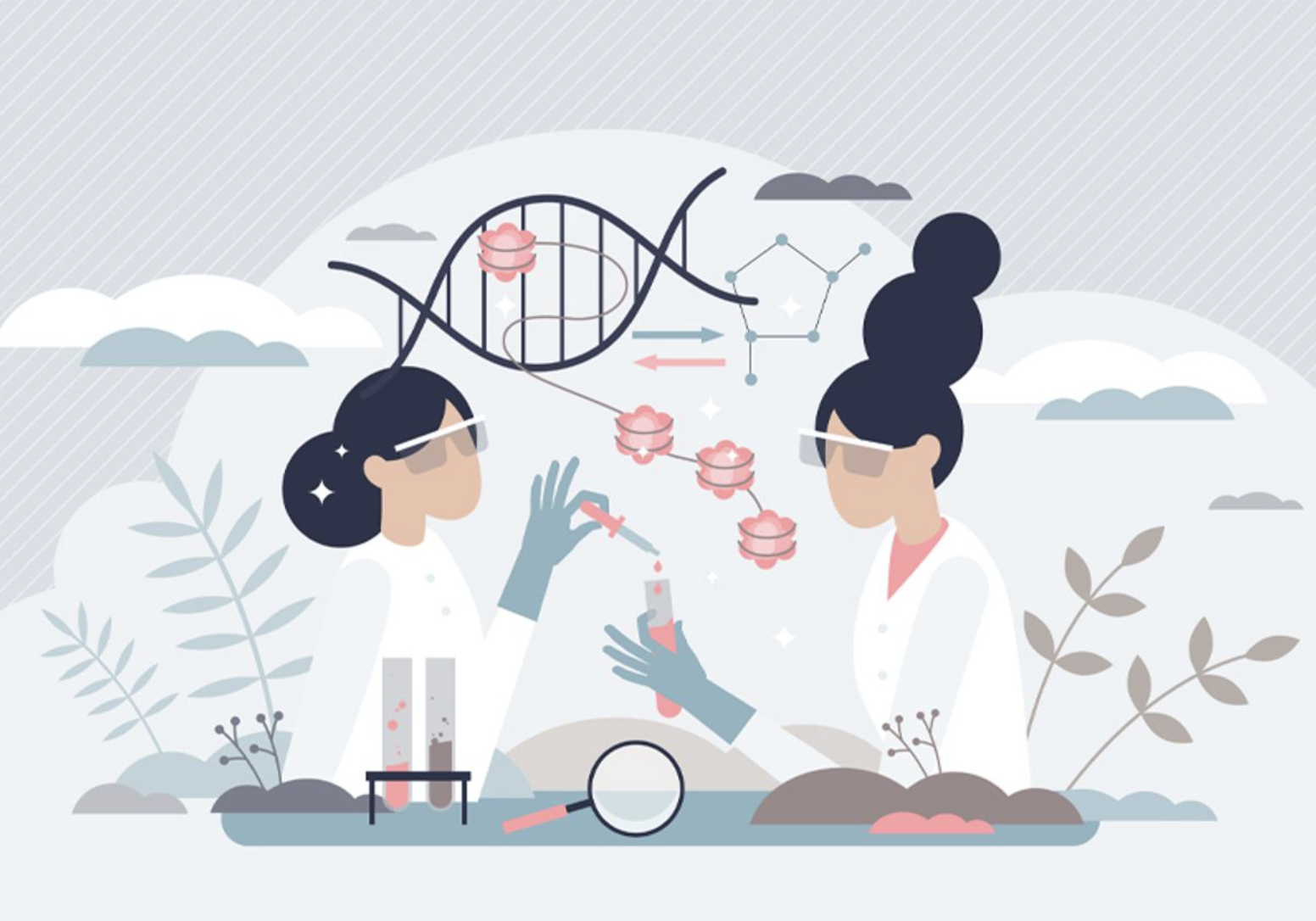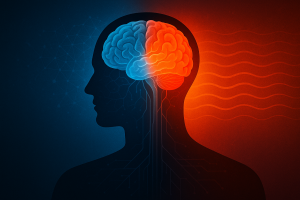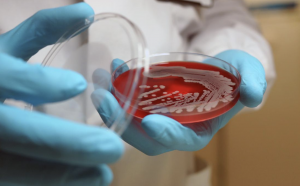What holds more impact on a child, their DNA or their environment? Scientists have searched for the answer for years, but haven’t identified which has a stronger influence. Through a field of science called epigenetics, scientists have been conducting research into the debate on nature vs nurture. Today, scientists are beginning to uncover how both forces work together through epigenetics.
Think of epigenetics as the science of gene ‘switches’ based on an individual’s environment and behavior without rewriting your DNA. This is usually researched using nature, an individual’s genetic makeup, or nurture, the environment of the individual. These studies are often conducted in children. One of the most famous examples of this is twin studies. Francis Galton, a British eugenicist, conducted research on twins in the 1870s and determined that twins can develop different traits based on their environments, or they can “continue their lives, keeping time like two watches, hardly to be thrown out of accord except by some physical jar”. While Galton’s work may be seen as ethically controversial nowadays, it was considered revolutionary during his time and inspired many other scientists. German scientists, for example, separated twins into ‘identical’ and ‘fraternal’ categories for the first time. These twins were then observed, their differences recorded. Twin studies helped shape modern social science by demonstrating how both genetics and our environment influence behavior, bettering our understanding of human nature.
The term ‘epigenetics’ was coined by British embryologist, Conrad Waddington in 1942. Waddington famously described epigenetics with the epigenetic landscape, a metaphor that used a hillside analogy to visualize the differences between cells in development. While epigenetics was originally for the nature vs nurture debate, it soon evolved beyond that purpose. Epigenetics is sometimes used to refer to the action of proteins in gene expression or chromosomal proteins. This term now encompasses a portion of Mendelian genetics as well, specifically the violations in gene inheritance. Some examples of these violations are incomplete dominance, when a heterozygote’s phenotype is blended; codominance, when both alleles are expressed in the phenotype; and epistasis, when one gene completely masks another.
“As our cells divide and become more specialized they need instructions on which genes to use and which to ignore. Epigenetics adds these annotations to our biological textbook; it’s a process that is crucial to our development and continues throughout our lives.” (Gerard Karsenty). In other words, our DNA is like a book, epigenetics adds sticky notes and highlights to guide how it’s read. Three researchers at Columbia University earned the 2016 Louisa Gross Horowitz Prize for their research into how molecules can change their behavior and structure without modifying its DNA. Karsenty describes these changes as annotations, not changing the words but adding on. These researchers’ work helped to popularize epigenetics. They discovered that methylation, a process where methyl groups are added to DNA, affects when certain genetic information is used. This allows cells to adapt their behavior by turning certain genes ‘on’ or ‘off’ when needed. The method to these methyl groups is to attract enzymes that wind DNA around proteins called histones. This action blocks the wound section of DNA from being used altogether.
Epigenetics is still being researched, and the discoveries being made today may still change our understanding of inheritance and health. Whether it’s in cells or people as a whole, new discoveries are still being made all of the time. Epigenetics has and continues to shape how we view not only ourselves, but society as a whole.
Citations:
https://pubmed.ncbi.nlm.nih.gov/27291929/
https://www.cuimc.columbia.edu/news/pioneers-epigenetics-awarded-horwitz-prize






Comments are closed.